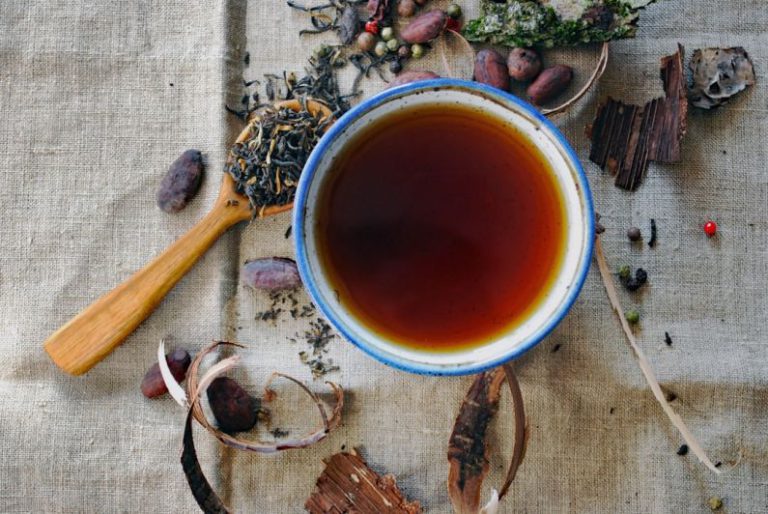Brewing Tea: Using Fresh Water Vs Reheated Water
**Brewing Tea: Using Fresh Water Vs Reheated Water**
When it comes to making a perfect cup of tea, the type of water you use can play a significant role in the flavor and aroma of the final brew. While some people swear by using fresh water every time, others find it more convenient to reheat water that has already been boiled. But which method actually produces a better cup of tea? Let’s delve into the debate of using fresh water versus reheated water when brewing tea.
**Fresh Water: The Pure Choice**
Using fresh water when brewing tea is often considered the gold standard by tea enthusiasts. Fresh water refers to water that has not been previously boiled or used for any other purpose. The rationale behind using fresh water is that it contains more dissolved oxygen, which can enhance the flavor of the tea.
Fresh water is also free from any lingering flavors or impurities that may be present in reheated water. When water is boiled, some of it evaporates, leading to a concentration of minerals and other substances in the remaining water. Reheating this water can intensify these flavors, potentially affecting the taste of the tea.
Furthermore, fresh water tends to reach the optimal brewing temperature more quickly than reheated water. This is important because different types of tea require different brewing temperatures to bring out their best flavors. Using fresh water ensures that the water reaches the desired temperature efficiently, allowing you to extract the full range of flavors from the tea leaves.
**Reheated Water: Convenience Over Quality?**
On the other hand, reheated water offers a level of convenience that fresh water does not. For many people, the idea of waiting for water to boil every time they want a cup of tea can be time-consuming and impractical. Reheated water, stored in a thermos or kettle, is readily available for brewing tea at a moment’s notice.
While reheated water may not be as pure or oxygenated as fresh water, some argue that the difference in taste is negligible, especially for those who are not connoisseurs of tea. Reheated water can still produce a decent cup of tea, especially if the tea leaves are of high quality and the brewing process is done correctly.
Another benefit of using reheated water is that it can save energy and reduce water wastage. By reusing water that has already been boiled, you are being more environmentally conscious and efficient in your tea-making routine.
**The Verdict: Fresh Water Wins**
In the debate of fresh water versus reheated water for brewing tea, the scale tips in favor of using fresh water. While reheated water may offer convenience, the superior taste and aroma that fresh water provides cannot be overlooked. To truly savor the nuances of different tea varieties and enjoy a more refined tea-drinking experience, opt for fresh water whenever possible.
**In Summary**
The choice between fresh water and reheated water when brewing tea ultimately comes down to personal preference and priorities. While fresh water may require a bit more effort and time, the superior quality of the final brew makes it a worthwhile investment for tea enthusiasts. On the other hand, reheated water offers convenience and practicality, making it a suitable option for those looking for a quick and easy tea-making process.
Regardless of which method you choose, the most important factor in brewing a great cup of tea is to use high-quality tea leaves and pay attention to the brewing process. Experiment with both fresh water and reheated water to see which one suits your taste preferences best. Remember, the perfect cup of tea is a reflection of your unique brewing style and preferences.






